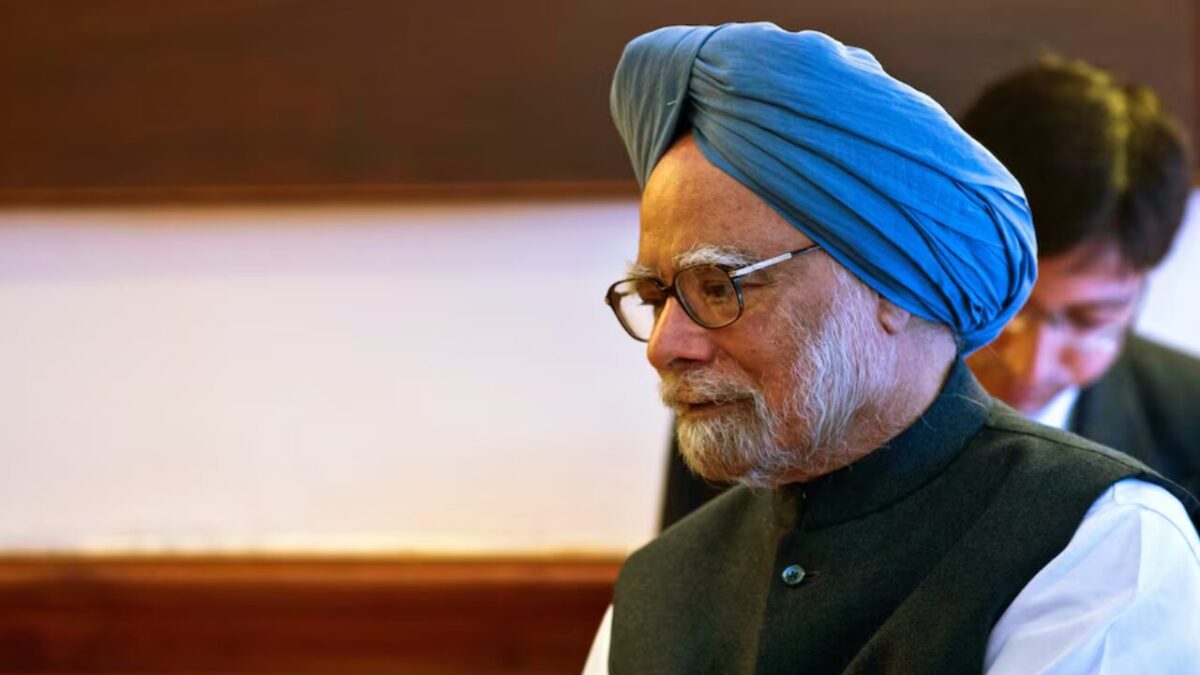NEW DELHI — Manmohan Singh, India’s first Sikh prime minister and a soft-spoken economist credited with transforming the nation’s economy and lifting millions out of poverty, died on Thursday at the age of 92. He had been undergoing treatment for age-related health issues.
Described as a “reluctant king,” Mr. Singh served as India’s prime minister from 2004 to 2014, one of the rare leaders to complete two consecutive terms. His tenure was marked by unprecedented economic growth and a landmark nuclear agreement with the United States, achievements that solidified his legacy as one of modern India’s most successful leaders.
“India mourns the loss of one of its most distinguished leaders,” Prime Minister Narendra Modi said in a statement, acknowledging Mr. Singh’s contributions to the country’s progress.
Humble beginnings to global recognition
Born into a poor family in a region of British-ruled India that is now in Pakistan, Mr. Singh studied by candlelight before earning a place at Cambridge University. He later attended Oxford, where he earned a doctorate with a thesis on the role of exports and free trade in India’s economy.
His academic achievements led to a career as a respected economist, central bank governor, and government adviser. Politics seemed far from his plans until 1991, when he was unexpectedly appointed finance minister amid a severe balance of payments crisis.
As finance minister from 1991 to 1996, Mr. Singh initiated sweeping economic reforms that deregulated key industries, opened India’s markets to foreign investment, and stabilized its struggling economy. His first budget speech, quoting Victor Hugo, declared: “No power on earth can stop an idea whose time has come,” referring to India’s emergence as a major economic power.
A reluctant prime minister
Mr. Singh’s rise to the prime ministership in 2004 was equally unexpected. Sonia Gandhi, the Italian-born leader of the Congress Party, which had secured a surprise election victory, declined the position, fearing her foreign origins would provoke attacks from political opponents. She turned to Mr. Singh, whose technocratic credentials and integrity appealed to a wide spectrum of voters.
During his decade-long tenure, Mr. Singh presided over an era of rapid economic expansion, introducing welfare programs such as a rural employment scheme that benefited millions. In 2008, he secured a historic nuclear deal with the United States, allowing India to trade in civilian nuclear energy for the first time in three decades and strengthening ties between New Delhi and Washington.
However, his efforts to further liberalize India’s economy were often thwarted by internal divisions within the Congress Party and the demands of coalition politics.
Despite his reserved demeanor, Mr. Singh’s impact on India was profound. He is remembered not only for his economic acumen but also for his unassuming leadership style, which contrasted sharply with the often combative nature of Indian politics.
As India mourns his passing, Mr. Singh leaves behind a legacy of transformation, growth, and a vision for a more open and inclusive economy.





